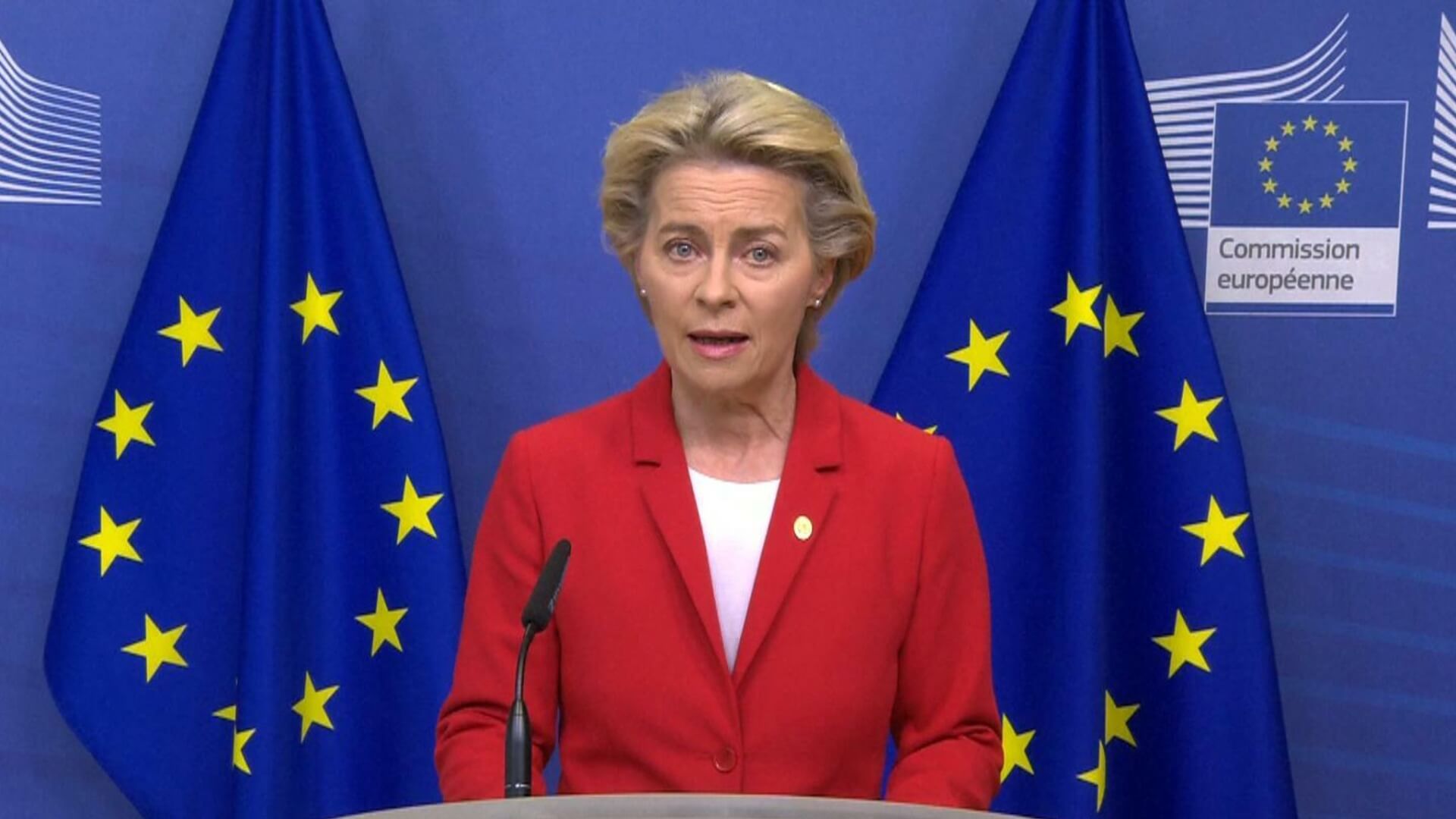Last Tuesday, the British Parliament’s lower house passed the controversial Internal Market Bill. This has caused concern among several European and British leaders, including members of Prime Minister Boris Johnson’s party, that the law is in violation of the Brexit Withdrawal Agreement, which delineates the terms of the United Kingdom (UK)’s exit from the European Union (EU).
According to European Commission (EC) President Ursula von der Leyen, the Bill violated article 5 of the Withdrawal Agreement, which said that, while Northern Ireland remains a part of the UK’s customs union, EU custom laws will continue to govern the movement of goods between Northern Ireland and the Republic of Ireland.
The Bill goes back on the Withdrawal Agreement’s promise to allow EU laws to govern Northern Ireland’s border with the Republic of Ireland. While several British politicians accepted that the Bill would amount to a violation of the country’s obligations under the Withdrawal Agreement, Johnson, defending his decision, said that such a provision may be necessary to act as a “legal safety net” in order to “uphold the integrity of the UK [and] also to protect the Northern Irish peace process and the Good Friday Agreement.”
Also Read: UK PM Agrees to Amend Controversial Internal Market Bill
The EC had given the UK until Wednesday to amend the controversial aspects of the law. However, the British government failed to meet the deadline, thereby angering European political leaders. Consequently, on Thursday, von der Leyen announced the EC’s decision to initiate legal action against the UK over the controversial legislation. Despite the UK voting in favour of exiting the bloc, according to the Withdrawal Agreement, it continues to be subject to European courts for cases initiated before 31 December 2020. While making the announcement, von der Leyen called the law “a breach of the obligation of good faith.” She said that the EC has decided to serve the British government with a formal notice, which is the first step to initiate the infringement procedure against any member. London now has one month to send its observations and respond to the allegations. Moreover, if the differences between the EC and the UK are not reconciled, the issue could be brought before the European Court of Justice, which is likely to impose large monetary penalties on the UK.
The EC’s decision is likely to further obstruct the EU’s Brexit negotiations with the UK. With the deadline for the finalisation of the trade deal approaching and differences over several contentious issues continuing to taint the negotiations, a no-deal Brexit appears increasingly likely.

